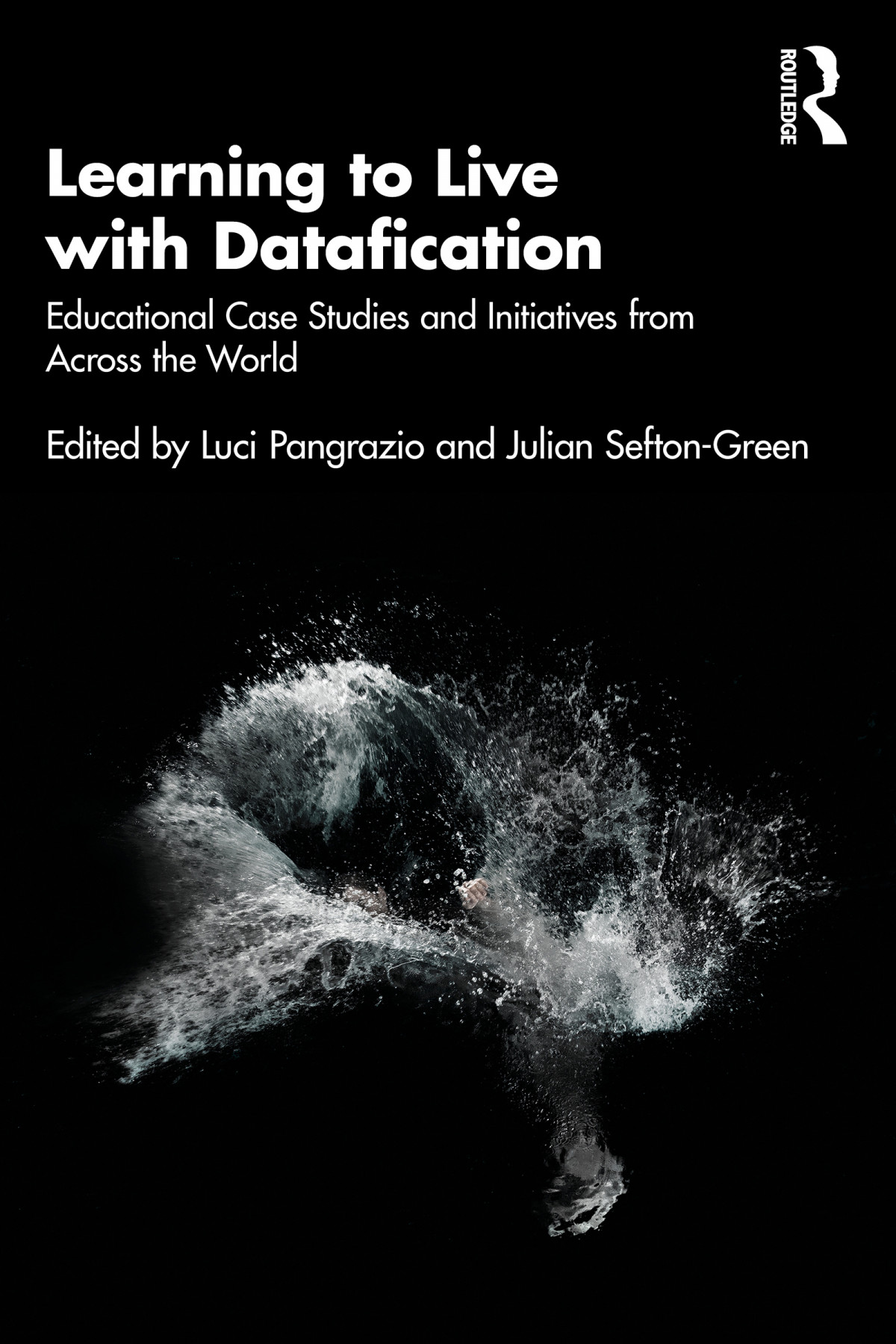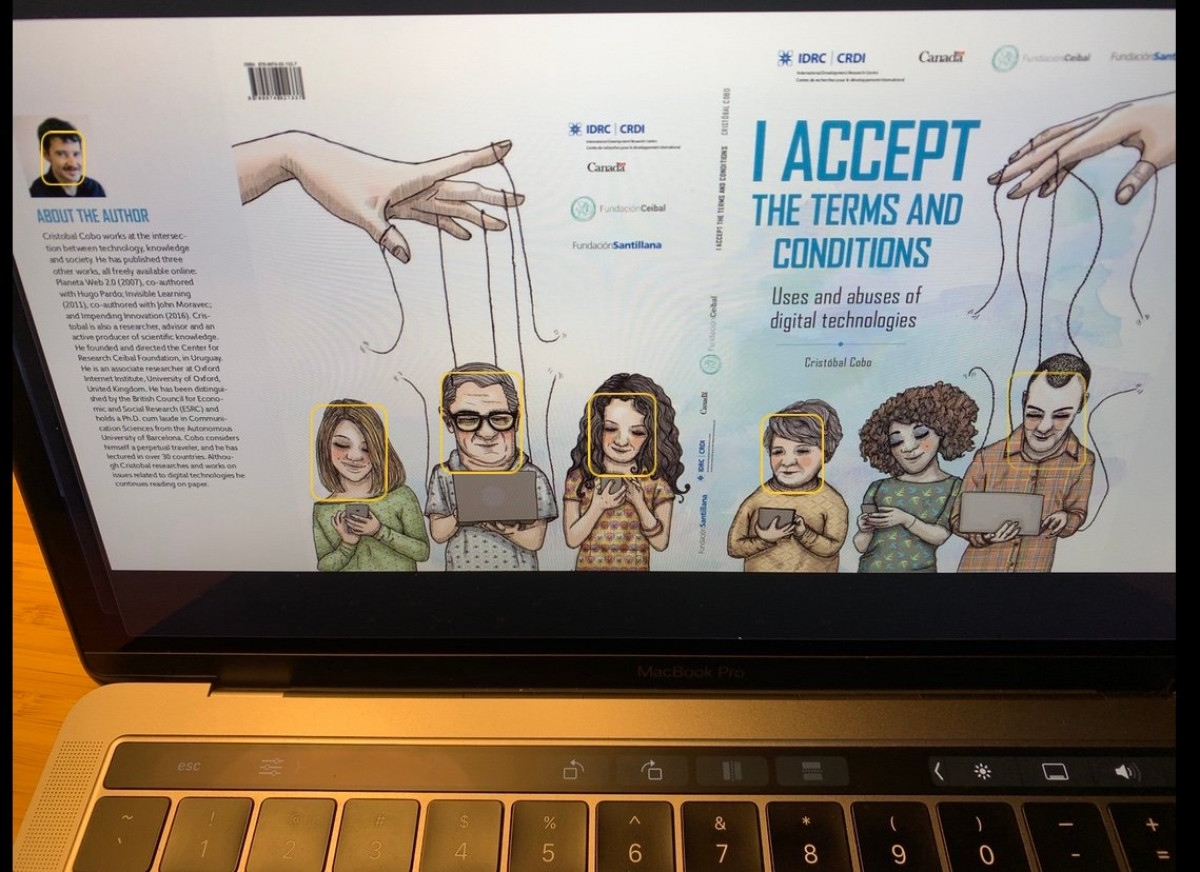"...The digitalization of education should be geared towards a better implementation of the right to education for all, where it is demonstrated that it brings a significant added value. In this regard, it is important to understand the profit-driven agenda of digital technology lobbyists and companies. In addition, the digitalization of education should not increase inequalities and benefit already privileged segments of societies only or lead to violations of other human rights within education, in particular the right to privacy...."
privacy
¿Cuál es el papel de la política educativa en esta nueva etapa de tecnología digital basada en plataformas? ¿Dónde está la evidencia de que los alumnos aprenderán (o están aprendiendo) mejor, más rápido o de manera más eficiente utilizando estas plataformas? ¿Quién y cómo debe adoptar y administrar estas plataformas? ¿Cómo transformarán los códigos éticos, pedagógicos y sociológicos del aprendizaje?
[EN] Here is a compilation of the joint publications (chapters, global reports, studies) elaborated or published during the last year or so. Most of them discuss the role of digital technologies, education policies, the impact of COVID in education, remote learning, privacy, among others. [SP] Aquí una compilación de las publicaciones conjuntas (capítulos, informes globales, estudios) elaboradas y publicadas durante el último año. En la mayoría exploramos el papel de las tecnologías digitales, las políticas educativas, el impacto del COVID en la educación, el aprendizaje remoto, la privacidad, entre otros.
The open-access eBook: I accept the terms and conditions: Uses and abuses of digital technologies, published by IDRC and Ceibal Foundation. Available in English and Spanish (Spanish version published by Santiallana Foundation). This book questions the purported neutrality of technology. They explore the extent to which the algorithms that give life to digital tools become the new oracle, the interface of connection with reality—a reality modified to satisfy the interests of a few. In this scenario, states are late to the discussion and the population at the individual level lacks the tools to regulate and manage their digital lives. It is crucial to understand the limitations of the current era and to take account of the fact that artificial stupidity (resulting from systems offering poor or bad information in an automated fashion) can be more dangerous than the lack of timely information. Today, it is necessary to develop an improved understanding of the meaning of critical digital literacy so that digital citizens can help make sense of, and act on, the new rules of the game.
These press clippings might help us to understand how important is (and will be) to understand the transactional cost of our digital life. The pandemic has accelerated the role of technologies. Perhaps changes in our mindset and behaviors will be needed. To what extent we understand the old and new vulnerabilities that emerge in the digital society? No need to say that this message shall not be oversimplified as a call against all digital technologies. This is a call-to-action to be critical and to be alert. Citizens will still need to protect themselves in the smart city (I prefer smart citizens before smart cities).




